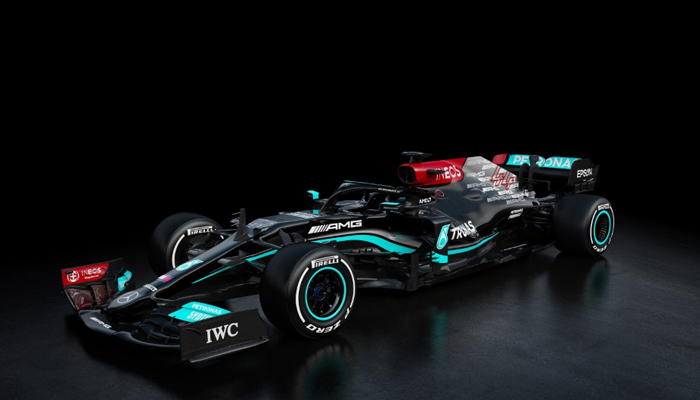AMD EPYC processors push boundaries in aerodynamic testing, cutting CFD workload time in half by delivering 20 percent improvement for eight-time Constructors’ Champions
AMD and the Mercedes-AMG Petronas Formula One (F1) Team today showcased how AMD EPYC processors improved aerodynamics testing capacity, contributing to the Mercedes-AMG Petronas team winning its eighth Constructors’ Championship in the 2021 racing season. By using AMD EPYC processors, the team was able to achieve a 20 percent performance improvement for computational fluid dynamics (CFD) workloads that were used to model and test aerodynamic flow of their F1 car.
“We are proud to partner with the reigning Constructors’ Champions, the Mercedes-AMG Petronas Formula One Team, operating at the cutting edge of racing and technology,” said, Dan McNamara, senior vice president and general manager, Server Business Unit, AMD. “For F1 teams, having the most effective computational analysis of aerodynamics can mean the difference between winning and losing a race. With AMD EPYC processors, the Mercedes-AMG F1 team can iterate on vehicle design faster and more efficiently than their previous system.”

By using AMD EPYC processors, the Mercedes-AMG Petronas F1 team is pushing the boundaries of what is possible with CFD by developing groundbreaking aerodynamics while delivering the price-performance required to meet budget regulations put in place by the Fédération Internationale de l’Automobile (FIA). Aerodynamics are some of the most complex, technical workloads among F1 teams and require advanced processors and servers to run the analyses and benchmarks. Furthermore, the FIA has developed an intricate framework dictating how much CFD performance and wind tunnel time F1 teams are allowed to use, in an effort to avoid giving an unfair competitive advantage to the teams with more resources.
“AMD EPYC processors offer us a platform that delivers aerodynamic performance day after day at the highest possible level while meeting our goal of faster turnaround time for design iteration,” said Simon Williams, Head of Aero Development Software at Mercedes-AMG Petronas F1. “Incredibly, we gained a 20 percent performance improvement over our previous system which has cut our CFD workload time in half. This is a big step compared to the past one or two percent gains seen with previous systems.”


